People who follow Christian traditions try to observe them regardless of the current situation in life. They not only visit churches, celebrate church holidays, but also observe fasts, one of the most important of which is Lent.
What is Lent?
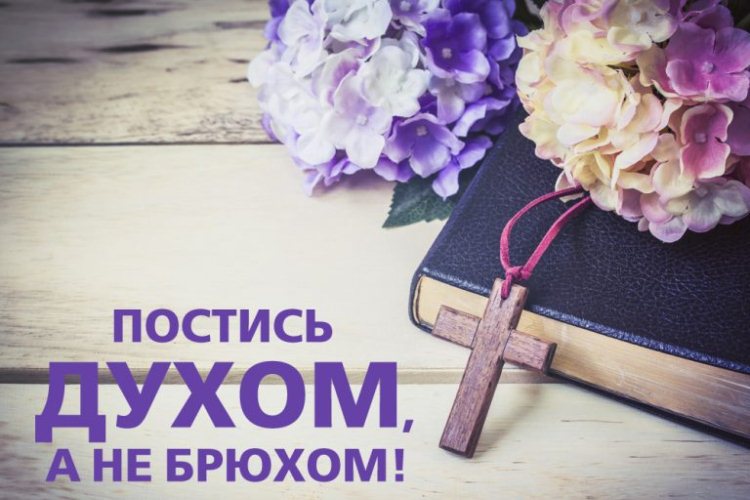
Lent is the longest and most important period during which Christians do not eat animal food. And the strictest. It lasts 7 weeks from Forgiveness Sunday to Easter.During this period, believers do not eat meat, dairy products, fish and seafood (except for 2 days), do not drink alcohol, and so on.
There is even a special calendar of Lent 2024, which specifies what you should or can eat on these days. It includes food without oil, raw food, fasting days, etc. But such a calendar is used only by monks, it is almost impossible for laymen to observe it.
More often than not, the Christian fast of 2025 is perceived as a restriction in food, although for sick people and children there are always concessionsIt is harmful for children to follow strict dietary requirements, and for some people with serious illnesses it can even be dangerous.
This also applies to certain professions, in which a lack of nutrition can manifest itself very negatively. But it is much more important to understand that during this period Christians must prepare themselves for one of the most important church holidays - Easter, cleansing the soul and body from the mundane.
Therefore, fasting is not only abstinence from food, which acts more as a means to humble the body, but rather a renunciation of worldly affairs and communication with God. A person may not observe the canons in food, but adhere to the rules of behavior, and most importantly, engage in his spiritual growth.
What is more important for a believer is not what goes into his mouth, but what comes out of it.During the seven long weeks, Christians must cleanse themselves of bad thoughts; during this time, it is recommended to read the Bible and other church books, avoid temptations, not swear, take care of loved ones, and do good deeds.
The fast begins with Clean Monday, which opens the forty days of Lent - the first 40 days during which a person prepares to meet God, and ends with Passion Week, which marks the suffering of Christ, his readiness to endure torment for all of humanity and his eventual resurrection.
Each week is filled with its own spiritual meaning. At the same time, a person must overcome his passions and dormant sins, coming to spiritual joy and closeness to God.
When does Lent start in 2025?
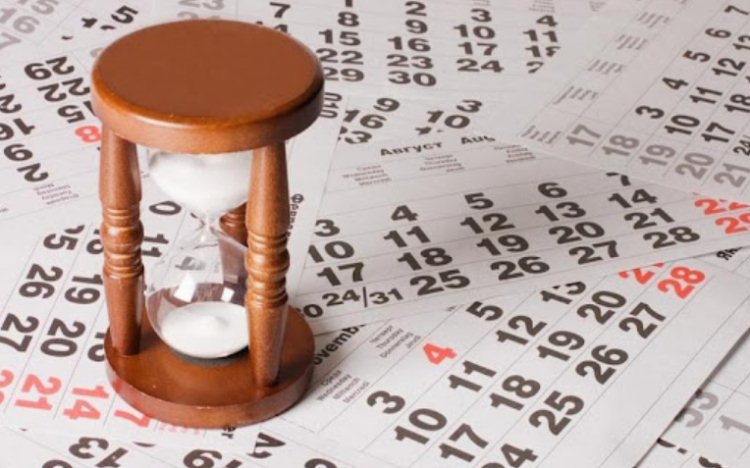
In the church calendar, there are dates determined by the solar calendar, for example, holidays that are celebrated annually at the same time, and there are those counted by the lunar calendar. Easter is one of the latter, so its date is "floating", each time it is new, and with it the dates of Lent change.
Among the Orthodox
Great Lent for Orthodox Christians in 2025 will begin on March 18 and end on May 4, accordingly, May 5 is Easter. This is a fairly early date, according to popular belief, spring will begin sooner, and with it, gardening work.
Among Catholics
The peculiarity of the Catholic calculation of the dates of Lent is connected with the earlier transition of countries under the protection of the Pope to the Gregorian calendar.
As a result, almost every year Lent begins about a week earlier for Catholics than for Orthodox Christians. So in 2025 it will start a week earlier – on February 14..
When does Lent end in 2025?
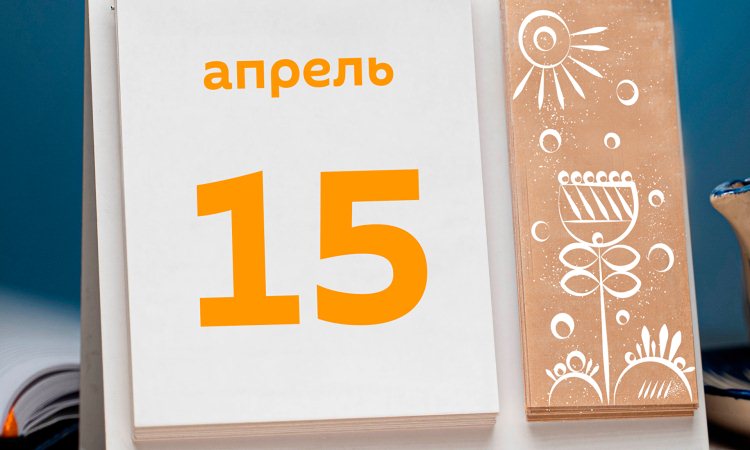
To determine when Lent ends in 2025, just count 7 weeks from the beginning, this will be Easter Day, and the day before - the last day of Lent.
Among the Orthodox
For Orthodox Christians, Lent Will End on May 4 in 2025, and on the 5th they will celebrate Easter. The Orthodox Church does not want to switch to the same system of chronology as the Catholic Church, there are many points here that are important for the clergy.
Not the least of these is the fact that the Holy Fire descends in Jerusalem precisely on Orthodox Easter.
Among Catholics
Catholics will celebrate Easter a little earlier – on February 14, and their fast will end on the 13th, and like all Christians, there will be large services in churches. Despite the difference in calculations, it sometimes happens that the dates of Catholic and Orthodox fasts coincide, but this is a rare occurrence.
Other Christian Fasts 2024
In addition to Lent, Christians have other periods during which dietary restrictions are recommended. These are the Dormition Fast, the Nativity Fast, and the Peter Fast.
Two of them have strictly established terms, and one can not only "jump" in dates, but also change in size. In addition, there are restrictions on the days of the week that are considered fasting.
Nativity Fast
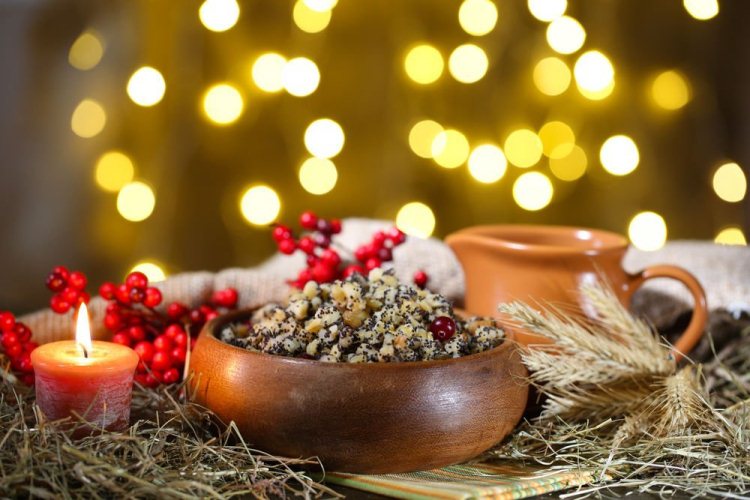
The Nativity Fast can be considered easier, it lasts only 6 weeks. and during this period it is allowed to eat fish and seafood. The Nativity Fast begins on November 28 and ends on January 6, Christmas Eve.
Its essence is repentance through prayer and abstinence, so that with a purified soul a person is ready for the bright holiday of the Nativity of Christ.
For Catholics, the Nativity Fast ends before the New Year – on December 24, and on the 25th they celebrate Christmas, as it was once the case in Russia, before the change to the Gregorian calendar.
In the Christmas, as in others, there is a schedule of fasting 2025 by days, which prescribes the recommended food for each day. However, most Christians follow the general rules: refusal of animal food (except fish and seafood), alcohol, smoking, etc.
Although a glass of table wine is allowed on holidays and Sundays. The last week of Lent is considered the strictest, during which time fish is not consumed.
One day fasts
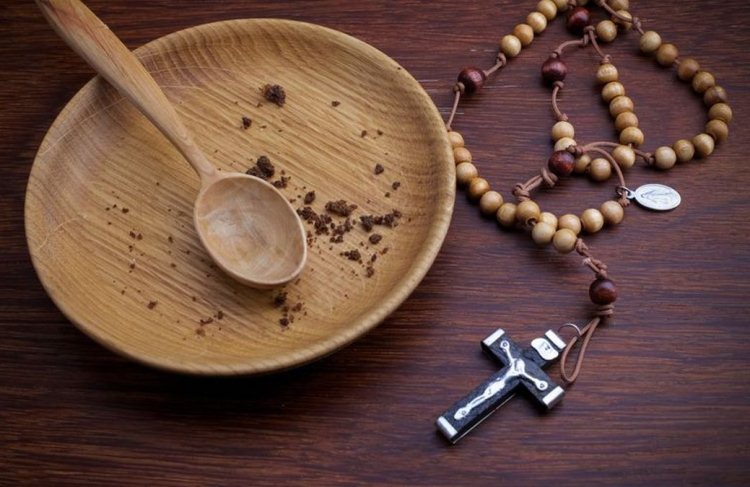
In addition to several weeks, the Orthodox tradition also has one-day fasts, during which Christians observe restrictions in food; as a rule, fish is not allowed.
First of all, these are Wednesday and Friday of each week. They can also be called fish days, since at this time it is recommended to abstain from meat, milk, eggs, but fish is allowed, including if the day falls on some holidays. For monks, this is a strict fast, allowing the use of vegetable oil, but not fish.
Weeks during which there is no fast on Wednesday and Friday are called solid weeks. and they come after major church holidays:
- Christmas – Christmastide from January 7 to 19;
- Easter is considered a bright week;
- Trinity, Trinity week.
Also, 2 and 1 week before Lent, respectively, the week of the Publican and the Pharisee and Cheese or Maslenitsa week.
Other one-day fasts include Epiphany Eve – January 18, the day of the Beheading of John the Baptist – September 11, and the day of the Exaltation of the Cross – September 27.
Peter's Fast
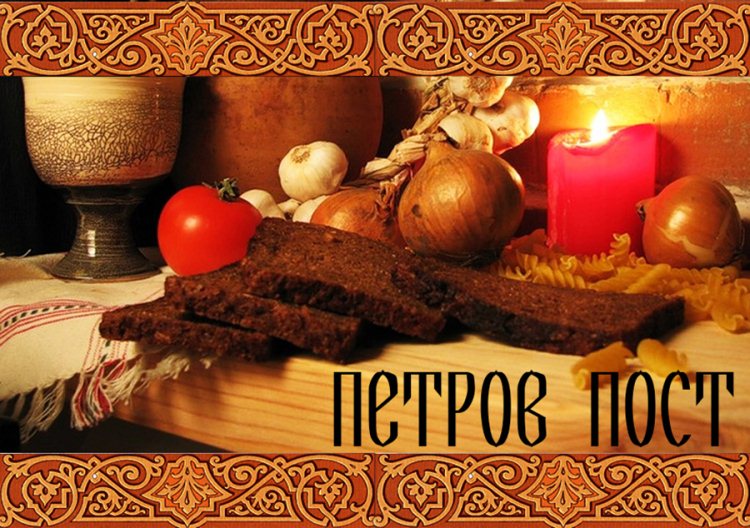
Peter's Fast is the only one that does not have a clear start date, but always ends at the same time., therefore its duration can be different. The beginning of the fast depends on the date of Easter, it is calculated as the 57th day after the holiday, or a week after Trinity.
The end of abstinence always falls on the same day – July 11, the day before the Day of Peter and Paul.
In 2025, the Petrov fast will begin on June 12 and will last 30 days. This is the time when you can eat fish, except for Monday, Wednesday and Friday (fasting days), and on weekends you can drink a glass of wine.
Dormition Fast
This multi-day fast has clear timing and duration.. It falls between the first and third Spas (August 14, 19 and 28), which is why it is sometimes called Spasovka.
The fast is short, only 2 weeks, but strict. It begins on August 14 and ends on the 27th, the day before the Dormition of the Most Holy Theotokos, after which this period is named.
Since the fast is strict, eating animal food is not allowed at this time, but the abundance of fresh vegetables and fruits at the end of summer makes following the tradition less difficult.
At this time, they eat gifts of nature both fresh and processed, bake Lenten pies, and make jam.
Nutrition during Lent
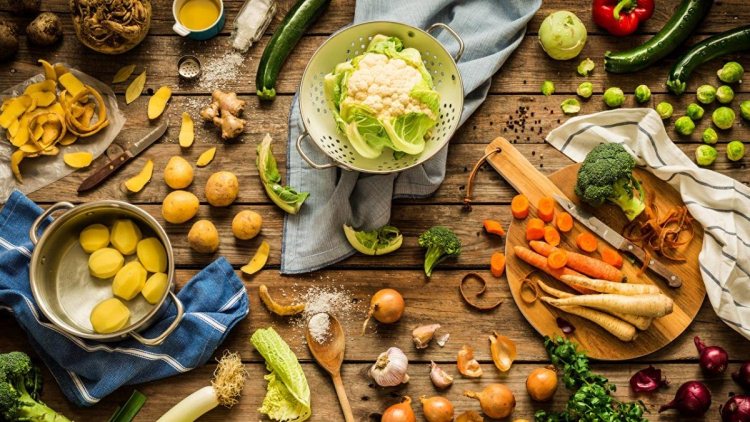
As already noted, nutrition is not the most important aspect of fasting., much more important is the spiritual state of a person, the cleansing of the soul from filth. If a parishioner for some reason cannot adhere to restrictions in food, it is not scary.
Sick people and small children, who have an increased need for protein food, should not adhere to strict conditions, this can harm their health. But for teenagers, who are actively undergoing hormonal changes, fasting can help cleanse themselves both physically and spiritually.
Clergy recommend that people who are unable to observe fasting in food due to health reasons establish a safe restriction for themselves, for example, not to eat sweets, this will allow them to come into contact with those who are fasting.
What you can and cannot eat during each period of Lent is slightly different. The basis of nutrition is:
- cereals;
- vegetables;
- fruits;
- mushrooms;
- honey;
- nuts.
At first it may seem that there is nothing to eat, but in fact, the range of dishes is quite diverse. There are about ten types of porridge in Orthodox cuisine alone, and if you diversify them by combining and adding various products.
In addition, you can cook lean soups (the same as usual, only on vegetable broth), prepare vegetable salads, canned vegetables are very helpful during this period. You can make lean yeast dough and cook various pies with sweet and salty fillings.
Mushrooms allow you to diversify your menu: fried, salted, marinated. For those who are starting to fast for the first time, it is worth turning to Russian national cuisine, where it is easy to find tasty and interesting recipes, and at the same time remember your roots.
It is essential to eat nuts, as they are a source of protein and fats, and you should also include legumes in your diet, as they will not only enrich your food with proteins, but will also make you feel full.
One of the most filling dishes is potatoes, however, you shouldn't get carried away with it, since it contains starch and few useful substances. Don't forget about seafood, it is allowed together with fish.
This includes:
- squid;
- crayfish;
- mussels;
- rapana;
- sea cucumber;
- octopuses and stuff.
And although the cost of most seafood is quite high, it is worth eating in small quantities, since they contain easily digestible protein, iodine and other useful substances. But seaweed is a plant product, so it can be consumed at any time.
It is especially difficult to observe Lent, which falls in the spring, and there are few fresh vegetables and fruits at this time, so it is difficult to get vitamins.
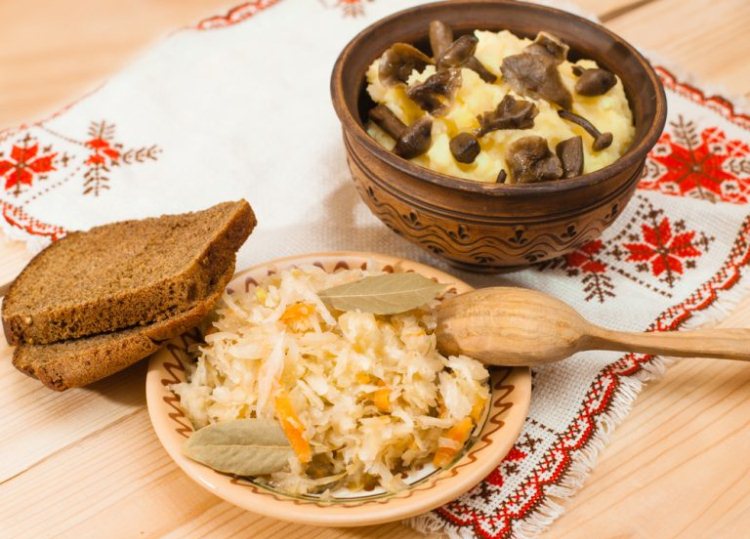
Traditional dishes will help here:
- sauerkraut,
- rosehip compote,
- currants, ground with sugar.
They contain a large amount of vitamin C. Frozen vegetables and fruits contain more vitamins than those brought from other countries, they can be prepared in advance. It is also worth growing fresh greens on the windowsill, it will improve the taste of dishes and add nutrients.
Today, many companies release products labeled “suitable for Lent”, this means that their products are made without the use of animal products. However, it is still worth reading the composition before buying, so that it does not turn out to be just an advertising ploy.
For monks, there are calendars that schedule meals by day, including when you can eat little, etc. However, for lay people, following this system is almost impossible. It is enough to follow the general rules that set restrictions in general.
So, Monday, Wednesday and Friday are fast days, so during a non-strict fast, when fish is allowed, it is on these days that you should not eat it. On Saturday and Sunday there are relaxations, at this time fish and seafood are allowed.
When can I have wine?
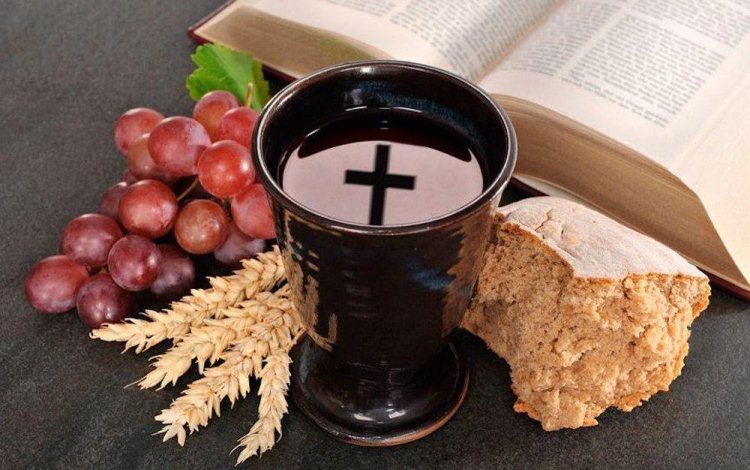
Wine during Orthodox fasts 2025 is allowed on holidaysIf the fast is not strict, then you can drink a glass on Sunday, during strict fasting, only on the days of significant holidays.
It is worth noting that the only alcohol allowed is wine, which in the Christian tradition symbolizes the blood of Christ, that is, it is not drunkenness, but communion, which is why it is used on holidays.
Vodka and other alcohol are not allowed during Lent.Fun is generally limited during this period, including drinking alcohol.
When can you eat fish during Lent?
Unlike the fast of Peter and Paul in 2025, which lasts a whole month and allows fish, Great Lent is strict and has quite strict restrictions.
During this period, Orthodox Christians have only two days when they can diversify their menu with fish: the feast of the Annunciation of the Blessed Virgin Mary (provided that it does not fall on Holy Week – the last one before the end of Lent) and Palm Sunday.
The first holiday has a fixed date, it falls on April 7th.. The second is floating, celebrated a week before Easter. There are situations when these two days follow each other or with a short break.
For most lay people, it doesn't matter when Lent ends in 2024; they don't follow church traditions, although they don't refuse to celebrate holidays. For believers, these are serious dates that affect their lives.
For them, fasting is not only a restriction in food or an attempt to lose weight, it is an important period of purification of the soul, prayer and forgiveness. They want to come to the bright holidays with a light soul, to feel the grace and God's blessing.

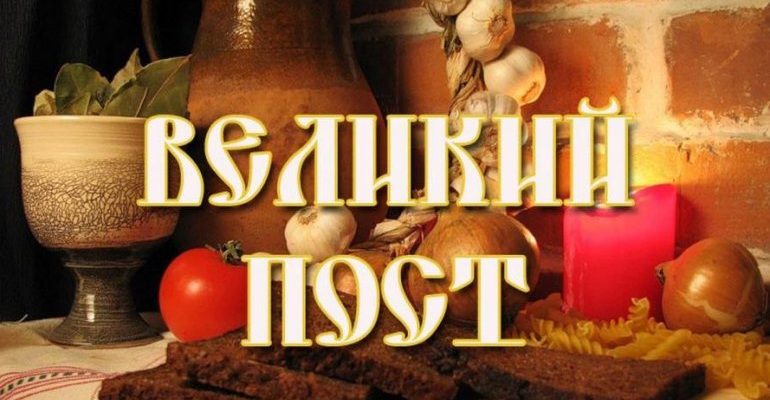

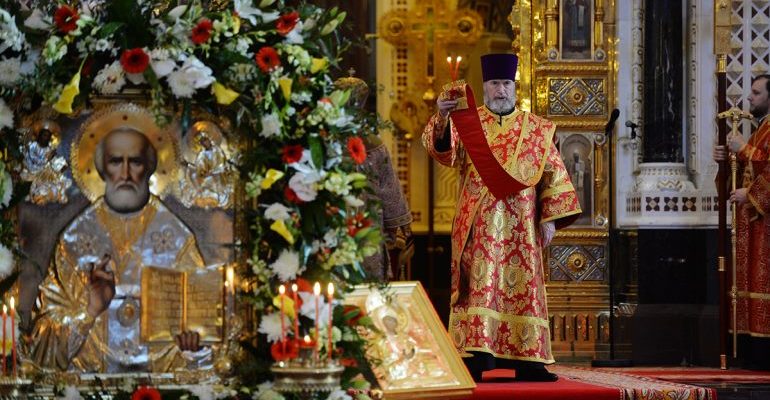

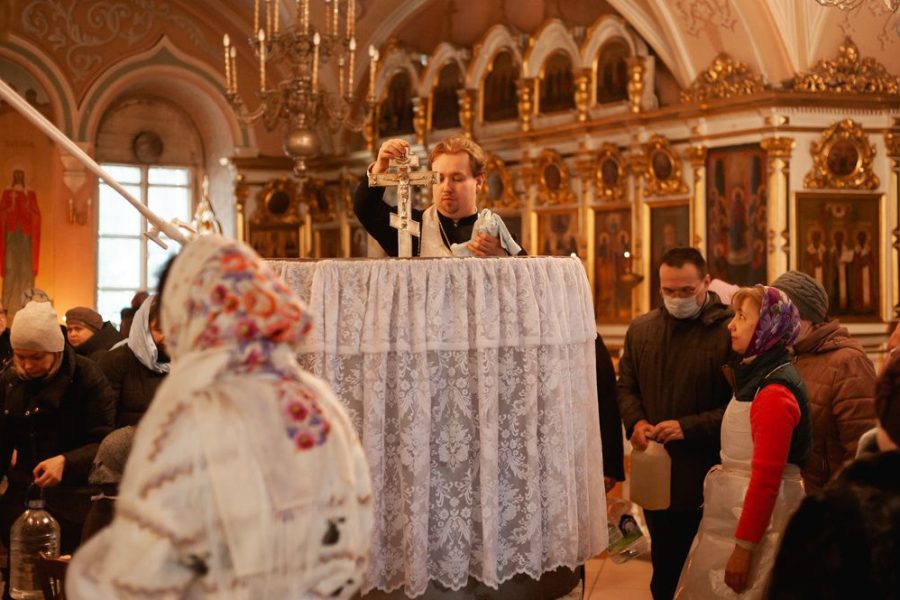
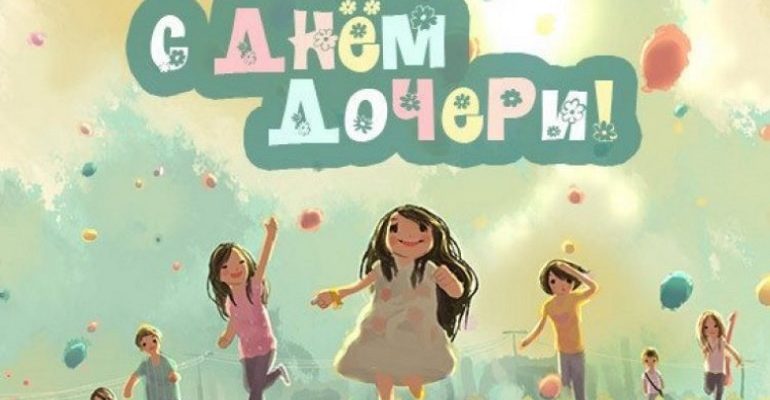
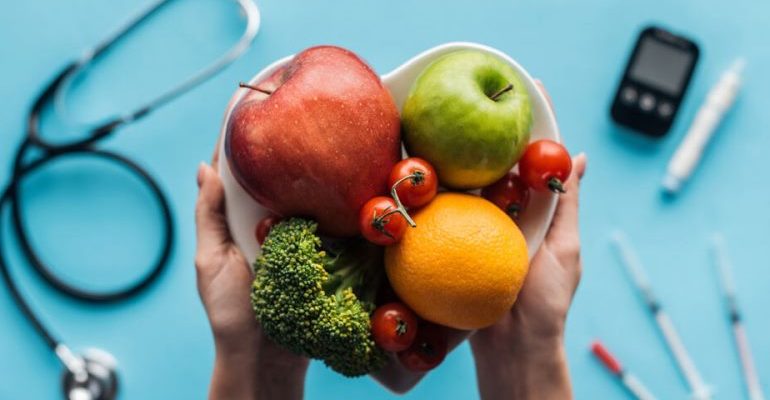
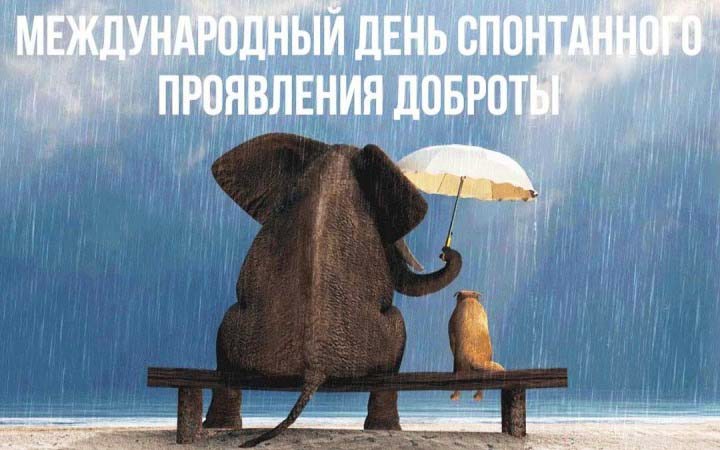
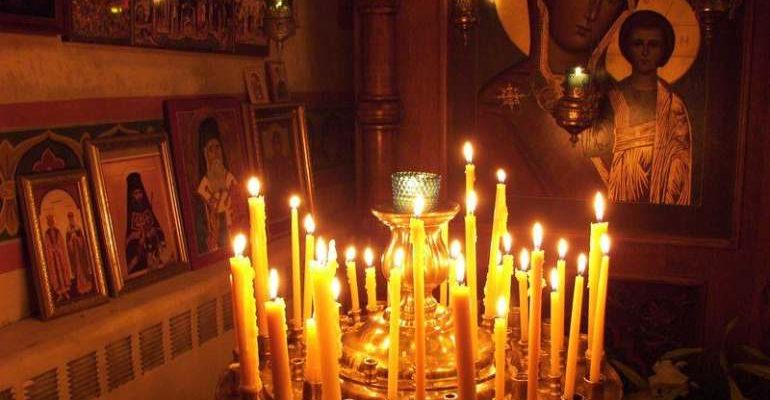
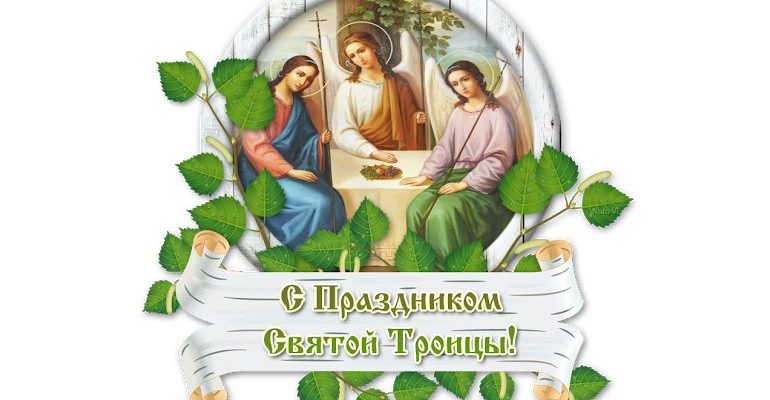

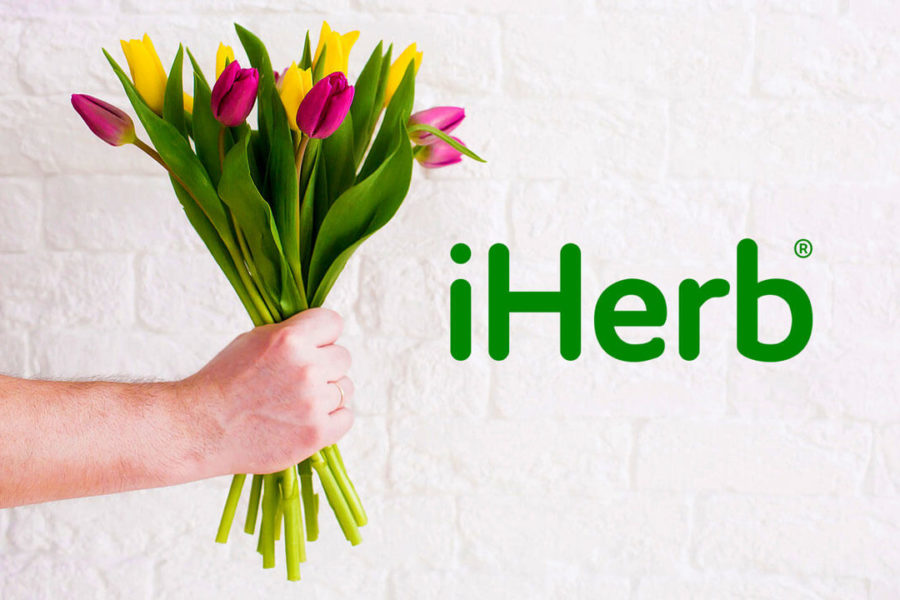
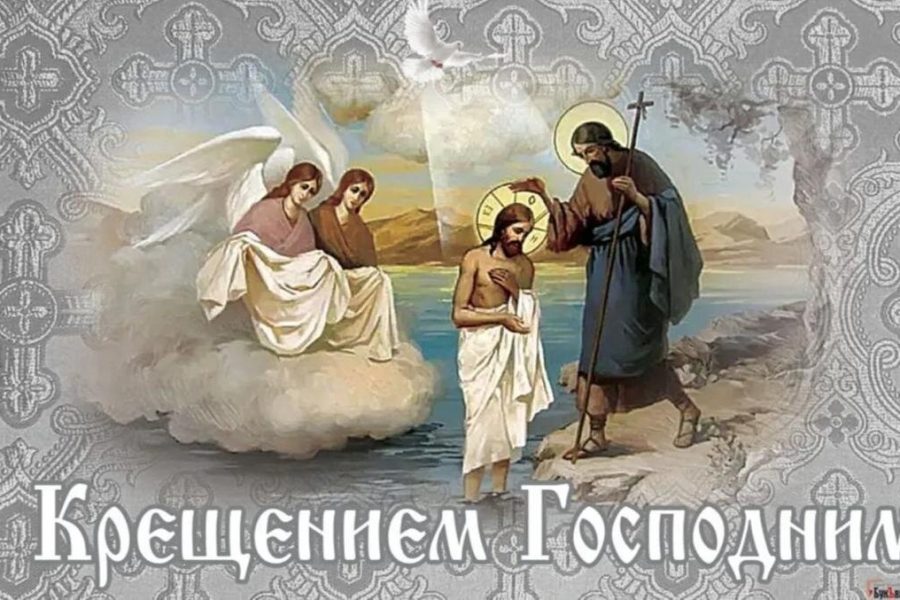
Оставить Комментарий